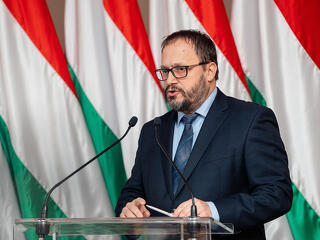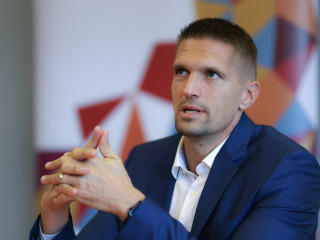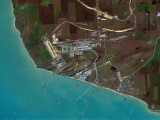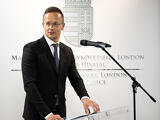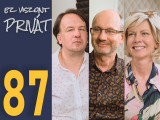Hivatkozások:
Allee V. (2000): Reconfiguring the Value network, Jrnl of Business Strategy, Vol 21, N 4,2000
Blackler F. (1995): Knowledge, Knowledge work and organisations: an overview and interpretation. Organisation Studies vol 16 (6) 1021-46
Fambare A. (1989): The Trust Gap, Fortune, December 4
Garvin (1993): Building a Learning organisation, Harward Business review, Juky-August 1993
Glasersfeld E. von (1988): The Construction of Knowledge, Contributions to the Conceptual Semantics. Intersystems Publications, Salinas California.
Hamel G. & Prahalad C.K. (1990): The Core Competence of the Organisation. HBR May-June 1990.
Harari O (1994): The Brain-Based Organisation, Management review, June
Huener L, von Krogh G., Roos J (1998): Knowledge and concept of trust, In Krogh, Roos, Kleine (ed. 1998), Knowing in Firms, Understanding, Managing and Measuring Knowledge, Sage London
Labarre P (1994): The Dis-Organisation of Oticon, Industry Week, July 18
Manasco B. (1997): Some Successful Cases of Knowledge Practice, Knowledge Inc. Vol. 2 No. 7; p3
Maturana & Valera (1980): Autopoeisis and Cognition. London Reidl
McLuhan M. (1967): Media, Pan Nordstedts.
Nonaka & Takeuchi (1995): The Knowledge Creating Company, Oxford University Press
Polanyi Michael (1958): Personal Knowledge, Routledge & Kegan Paul.
Porter M (1980): Competitive Strategy, New York Free Press
Rolf Bertil (1991): Profession tradition och tyst kunskap, Doxa.
Simon Herbert (1982): Models of Bounded Rationality, Volume 2. MIT Press.
Sveiby (1992): Strategy Formulation in knowledge-intensive industries, In Hussey (ed) International Review of Strategic Management vol 3, 1992.
Sveiby KE & Risling A (1986): Kunskapsföretaget, (The Knowhow Company) Liber.
Sveiby KE & Lloyd T (1987): Managing Knowhow, Bloomsbury London
Sveiby KE (1990): Kunskapsledning, (Knowledge Management) ledarskap Stockholm
Sveiby KE (1994): Towards a Knowledge Perspective on Organisation. University of Stockholm PhD dissertation.
Sveiby KE (1997): The New Organisational Wealth - Managing and Measuring Knowledge –Based Assets, Berrett-Koehler, San Francisco.
Sveiby KE (1998): Intangible revenues, Article, www.sveiby.com/intangiblerevenues.html
Venzin, von Krogh G., Roos J. (1998): Future research into knowledge management, In Krogh, Roos, Kleine (ed. 1998) Knowing in firms, Understanding, Managing and Measuring Knowledge, Sage London
Zander, U., Kogut, B., (1995): Knowledge and the speed of transfer and imitation of organisational capabilities: an empirical test, Organisation Science 6 (1): 76-92.
Weick K. (1977): Enactment Processes in Organisations, in Staw & Salancik (eds): New Directions in Organisational behaviour, St Clair.
Weick K. (1983): Managerial thought in the context of action in Srivastava (ed) The executive Mind Jossey Bass.
Wernerfelt (1995): The resource-based view of the firm: ten years after, Strategic Management Journal 16:171-174
Wittgenstein L. (1995): Philosophical Investigations, (Orig 1953). Blackwell 1995
Mit segít egy cég tudás alapú elmélete a stratégia kialakításánál
Az elmúlt évtizedben a hagyományos vállalatok óriási változásokon mentek keresztül. A piacon a versenyelőny csak a tudásalapú vezetés révén biztosítható, amelynek a stratégiaalkotás során is hangsúlyt kell kapnia.






